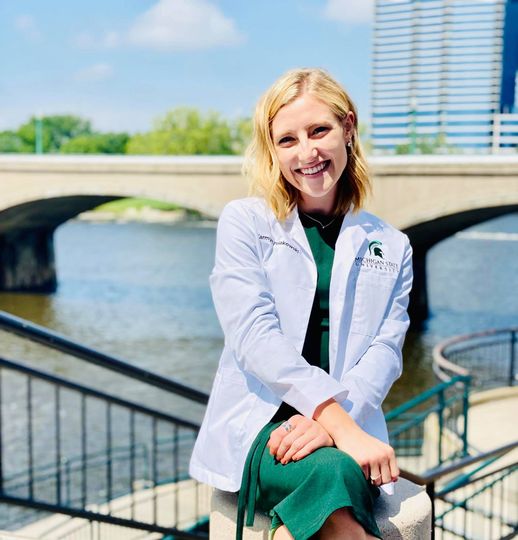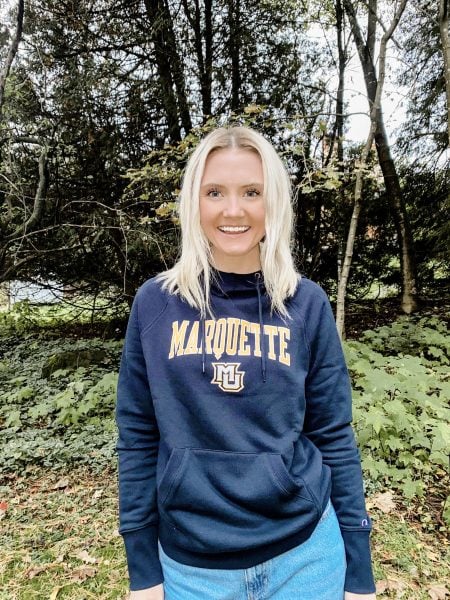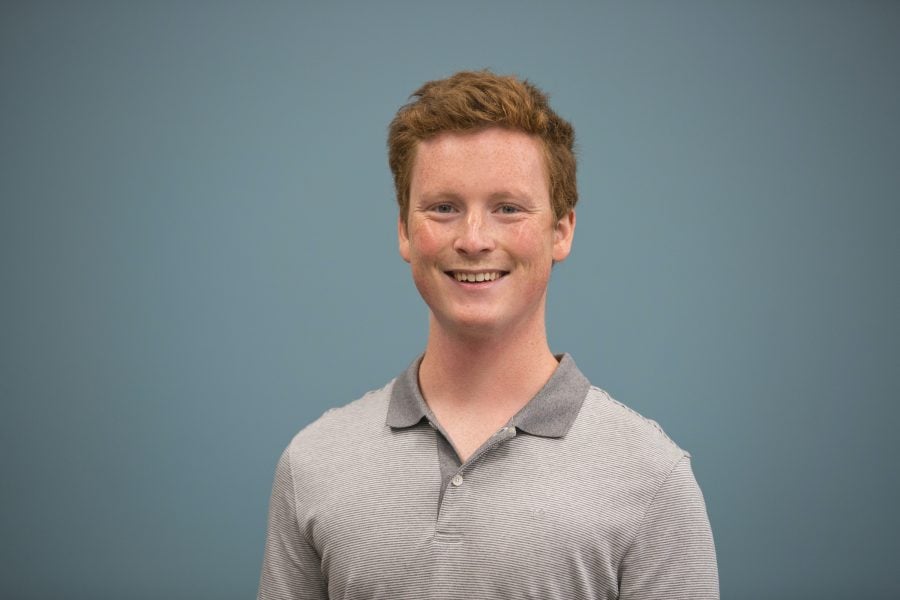
My name is Karmyn Polakowski. I am currently a first-year medical student at Michigan State University College of Human Medicine.
What was your undergraduate major at Michigan Tech? How do you feel this major has prepared you for medical school?
I majored in Medical Laboratory Science (MLS). This degree choice was vital to shaping me into the medical student I am today—I am a strong believer that in order to be a fruitful physician we must know the ins and the outs of medicine from the lab all the way to the patient rooms. Simply because if we don’t know how we got to the answers such as the origin of a particular lab result, it’s difficult to make a diagnosis and explain it effectively to a patient.
The curriculum devised for MLS students is one for students with a desire for perpetual learning and a mind full of curiosity. I promise you, the courses will feed these cravings.
What experiences/resources did you have at Michigan Tech that you felt set you up for success?
Michigan Tech did an amazing job at shaping me into a competitive medical school applicant as well as a successful medical student by providing me with both the people and activities to make me a well-rounded person. Medical schools emphasize not only the necessary science skills but also the soft skills and I truly believe that MTU set me up to do both. In particular, I had awesome instructors, an amazing pre-health advisor, and extracurricular groups that pushed me to be this type of person.
Why did you apply to Michigan Tech’s Early Assurance Program (EAP) with Michigan State University?
I chose to apply to the EAP simply because I knew that MSU College of Human Medicine (CHM) was the perfect fit for me. MSU CHM places an emphasis on producing primary care providers in rural health care settings and that is my personal goal as well. So because my goal aligned with their mission statement so well I decided to apply and even better, apply a little early.
Do you have any tips or advice for future students applying to EAP? Or students applying to Medical school in general?
BE A GENUINE PERSON! Applying to medical school can be frightening because of all of the numbers and statistics about GPAs, the MCAT, etc– however, discovering why you want to do medicine and making that apparent through a genuine and compassionate attitude will take you so much further than a score will. That being said, make sure that you’re always trying your best to do well on your exams and projects, but make sure that you’re also doing things outside of school to shape yourself into a well-rounded person. After all, medicine is about human connectedness, not your best test score.
What type of experiences or extracurricular activities were you involved in?
I was involved in Michigan Tech EMS for a couple of years and it was definitely the highlight of my undergraduate career. I was not only able to deploy my patient interaction and care skills, but I found the EMS family that created bonds to last a lifetime. EMS brings out special qualities in everyone and learning how to utilize everyone’s strengths is really quite eye-opening. This lesson in itself makes me confident in my ability to work well as a physician amongst a group of other healthcare workers someday soon.

